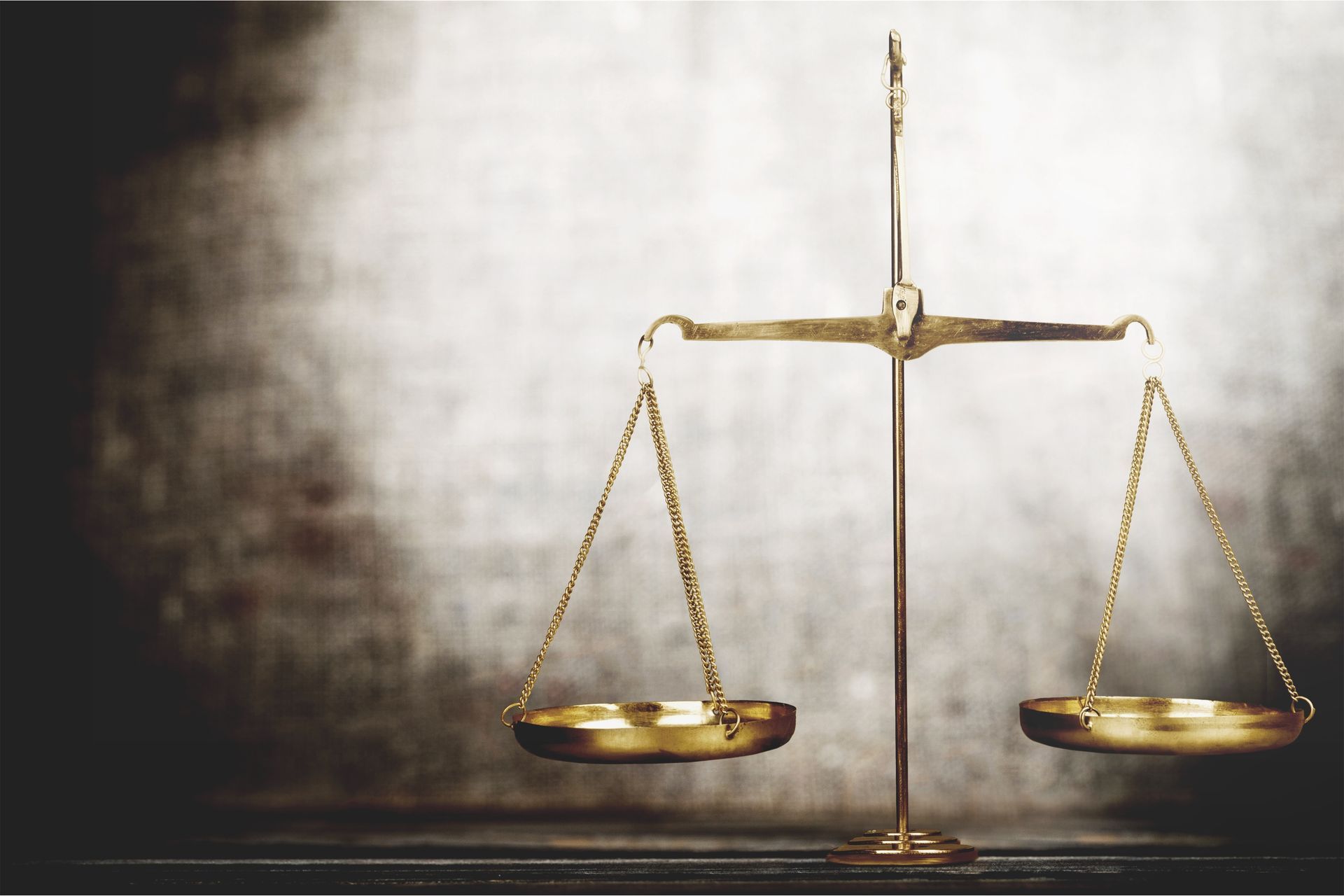Ways To Get Arrested At Coachella

WAYS TO GET ARRESTED AT COACHELLA
By Law Office of Robert Little | April 21, 2016
Every spring, thousands of people flock to the Indio desert to take part in the massive three-day music festival, Coachella. If you’re looking to attend Coachella this year, you may want to know your legal rights before you pack your bags.
Schedule your free consultation today.
Weed is legal in California now, so I can’t get arrested right?
Wrong! For some festival goers, the music just isn’t the same without smoking some dank weed. But, marijuana still isn’t recreationally legal in California, sorry Bro. Possession of less than an ounce of marijuana is considered an infraction in California. You may not be arrested, but you’ll be fined $100. Possession of more than one ounce is a misdemeanor, punishable by up to 6 months in jail and a $500 fine.
I can totally bring weed in, I’ve got my medical card.
Nope. While you will not be arrested for possession if you have marijuana on you with your medical card, the organizers of Coachella have made it very clear that medical marijuana is not permitted on festival grounds. As this is a private event, if you violate Coachella policy, they have the right to kick you out of the festival. So, leave that weed at the hotel.
Is it cool if I sneak in these other drugs?
Super Uncool. Possession of ecstasy, shrooms, cocaine, heroin or meth is Illegal in California. Also, if you are in possession of prescription narcotics like OxyContin, Ketamine, Adderall,and Vicodin those are all illegal without a prescription specific to you from a licensed physician. Under Coachella’s policies, if you have a prescription, they must be clearly labeled in a pharmacy bottle with the owner’s name on it.
If you are found in possession of these substances, you could be charged with a misdemeanor. Drug possession misdemeanors have a max penalty of up to one year in jail. You should know that while most are charged with a misdemeanor, the judge can decide to charge you with a felony depending on your circumstances.
I probably can’t share my drugs with friends can I?
No. We know you may want to pass the blunt around for your new friends, but sharing or selling drugs can get you into major trouble. You could face a felony conviction and up to three years in jail. If police find even a few pills of ecstasy on you.
I didn’t bring drugsinto Coachella, but I’m totally high right now.
Whoa, buddy! Even if you aren’t caught with possession of an illegal substance, if the police suspect you are under the influence, you can be arrested as it’s illegal to be high in a public place. You could be penalized with up to 5 years on probation and up to one year in jail or drug counseling.
Dang, that chick/guy is hot, I’d love to hook up with them, is that cool?
That depends! If you’re intoxicated and find another person intoxicatingly sexy, great – just don’t forget you need to get their consent before any sexy time can begin. Also, if the person you’re trying to hook up is too intoxicated to give consent, DON’T HOOK UP WITH THEM. California presumes if someone is intoxicated, they are incapable of consent.
You could be arrested and charged with felony rape, face up to 8 years in prison, and be required to register as a sex offender. If the victim is a minor you could face up to 13 years in prison, and be required to register as a sex offender.
Once you’ve got consent and you’re positive their over 18 – get a room! Having sex in public is a misdemeanor. You could be fined and required to attend sex offender counseling.
That girl is talking crap, I’m going to beat her up okay?
Not Okay. She may be talking crap about your outfits or the fact that you and your friends bought the last cold Stellas at the beer gardens--- whatever the reason, getting into fisticuffs isn’t worth it. Under California penal code, the simple touching of another person, even if there is no injury, could be considered battery. Battery is considered a misdemeanor and could carry a punishment of up to 6 months in jail and a $2000 fine.
If you manage to cause serious bodily injury to your nemesis, then that misdemeanor could be escalated up to a felony meaning you could face up to four years in local custody or in a California state prison. In the end, so not worth it girl!
We can’t find our designated driver, but I can drive us home! I’m a better driver drunk than I am sober! Cool?
Not. Cool. Turn the car off and put the keys down, you are not okay to drive. Driving while drunk—or while under the influence of any other substance—could get you into a whole mess of trouble. Not only that, you could wind up killing someone or killing yourself if you got into an accident. The legal limit for blood alcohol content is .08% but even if you blow under that limit, should the police believe you have been drinking or are unable to operate a motor vehicle they can still charge you with a DUI.
Getting a DUI is expensive, not only could you wind up having to pay thousands of dollars in fines, your license could be suspended anywhere from 6 months to 3 years depending on how many previous DUIs you have. In other words, kiss your summer vacation plans goodbye! Coachella sets up a number of Taxi services, shuttles, Uber and Lyft drivers to help festival goers get back to their campgrounds, hotels, or RVs safely --- take advantage of them.
Were you arrested at Coachella?
If you were arrested at Coachella, depending on your circumstances, you could face severe penalties. Ensure your future by choosing the right legal representation. At the Law Office of Robert Little, we have more than 25 years of experience handling criminal cases. Attorney Little has a unique perspective on criminal defense as a former prosecutor. Hire an attorney who is deeply invested in ensuring you have the best outcome possible for your situation.
Are you ready to get started? – Contact our office for a free consultation.









